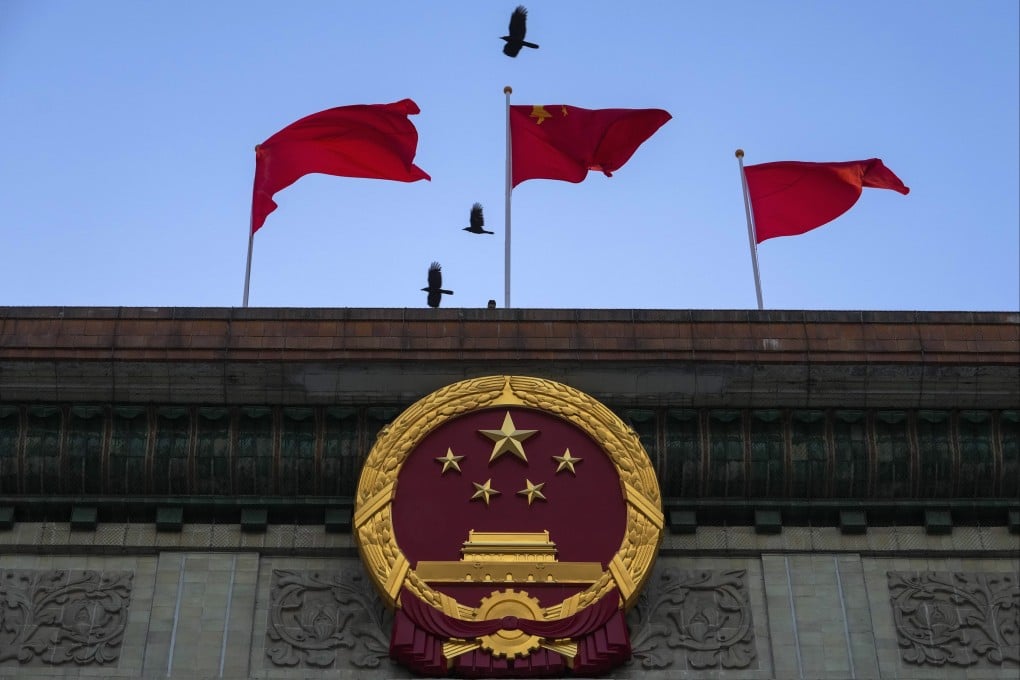My Take | In the West, anti-China hawks win while doves may face ruin
- The two latest incidents, in Canada and Britain, show how the ‘China threat’ can be hyped up to benefit some politicians while hurting others

Anti-China is now the default position of many, if not most parliamentarians in the English-speaking world, probably the West in general. I leave aside the question as to whether Beijing has asked for it. But the hawkish bandwagon does have two immediate consequences for backbenchers.
The China hawks will enjoy an easy meal ticket, which on the one hand offers an incentive for them to outdo each other. This can easily lead to exaggerations and even false claims about “the China threat”. On the other hand, those perceived to be close to China, or soft on it, leave themselves open to attacks, which can be vicious and personal. Two of the latest incidents – one in Britain, the other in Canada – offer some insights into such developments.
Former Liberal member of parliament Han Dong has served Global News in Canada with a notice of libel over articles alleging that he was a “witting” participant in a Beijing-backed foreign interference network in the country.
A particularly incendiary claim by Global News is that Dong advised Han Tao, China’s consul general in Toronto, that Beijing should delay releasing Canadians Michael Spavor and Michael Kovrig, who were accused of spying but were more likely to have been held as pawns to extract the release of Huawei’s No 2 Meng Wanzhou, then detained in Vancouver. Whether the actual news report amounts to libel will have to be settled legally. But at the very least, I think it’s fair to say that its contents are a lot less than meets the eye, and would not have been given the time of day by its senior editors if Canada were not currently in the grip of public hysteria over China’s influence operations in the country; of this, there is more discussion below.
Meanwhile, British Tory MP Alicia Kearns told GB News that she had a panic button in every room of her house because “hostile states” such as China may want to hurt her. I rather doubt it, even if her claim has been repeated by other British news outlets since last week. Granted, Kearns is no small fry, as she is chairwoman of the influential Foreign Affairs Select Committee in parliament. But are the Chinese communists targeting her and her family personally?
